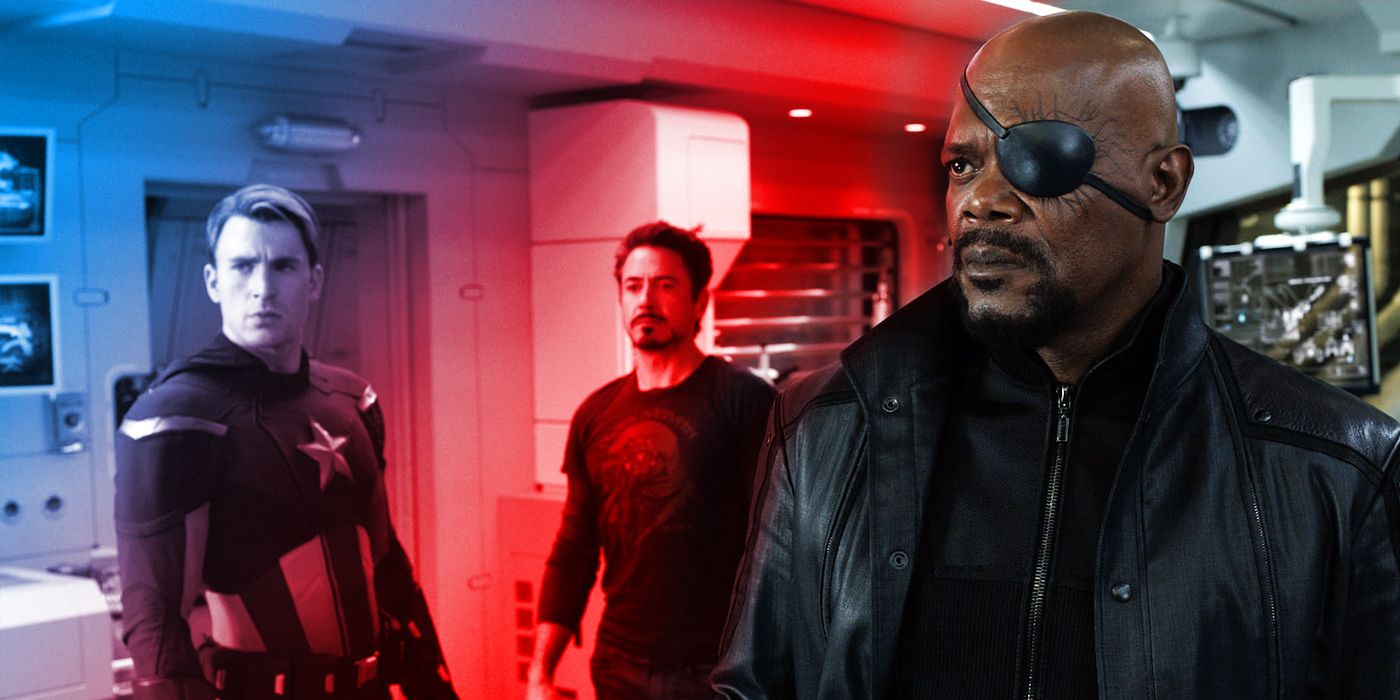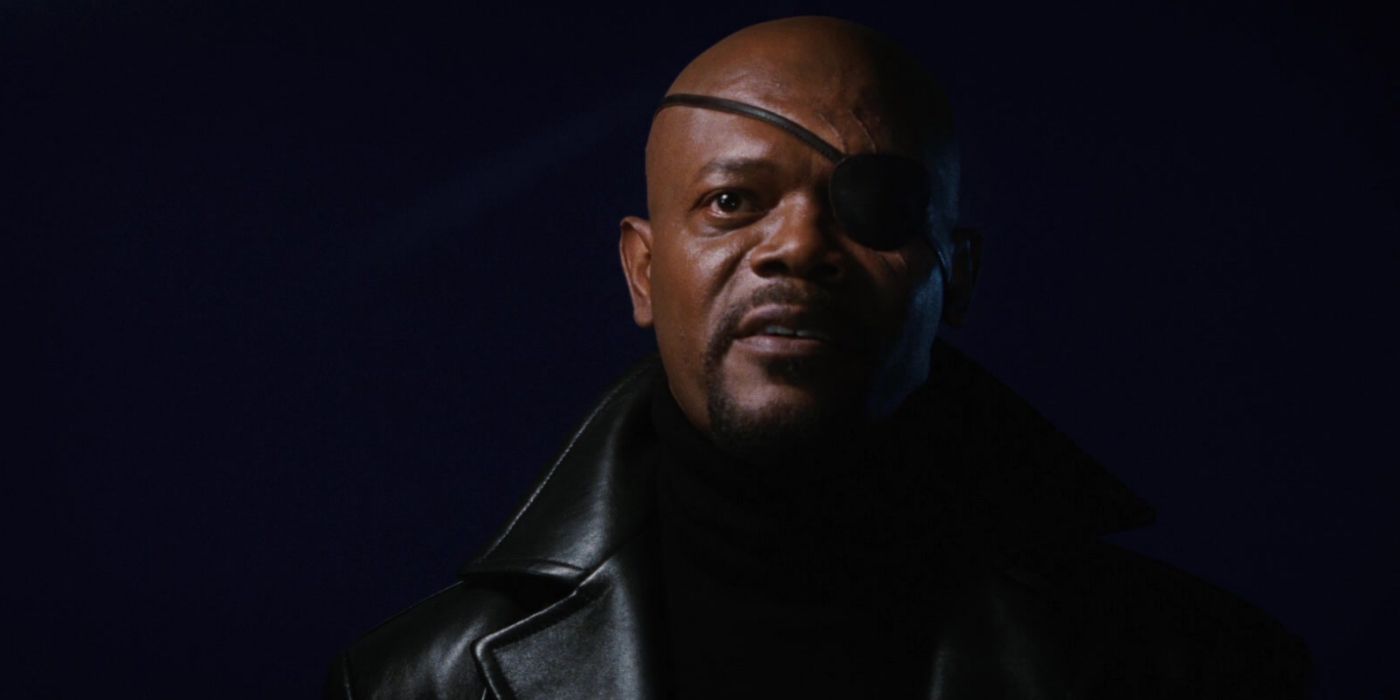Marvel Studios' plan for Phase 1—or surprising lack thereof—highlights just how big of a gamble the Marvel Cinematic Universe truly was. In just over a decade, the MCU has become the most financially successful film franchise of all time, towering over pop culture titans like James Bond, Batman, Harry Potter and even the Star Wars saga. Other studios have tried to copy both Marvel Studios' business and creative models, but very little has come close when it comes to its continued box office and critical successes. Knowing more about the MCU's uncertain beginnings makes its current achievements all the more impressive.
Much has been said about how Iron Man came to be. Choosing a more obscure director in Jon Favreau—who at the time was best known for directing modern Christmas classic Elf—was a ballsy decision for the studio, but Marvel upped the stakes even more by hiring Robert Downey Jr. as its headliner. While known for his acting skills and incredible charisma, the actor was deemed risky given his years of personal woes that included substance abuse struggles and even a stint in jail. Iron Man was also largely improvised, only having a skeletal script. Despite this, when Marvel Studios asked Samuel L. Jackson if he wanted to appear for a brief cameo, the A-lister agreed.
Nick Fury was introduced to the would-be MCU in a post-credits scene following Iron Man. After revealing his secret identity to the world with the iconic lines "I am Iron Man", Tony Stark returns home to find Fury waiting in his living room, wanting to discuss something called the "Avenger Initiative". The scene was nothing more than a surprise appearance, but comic fans knew immediately that Marvel was planting seeds for a much bigger narrative. Just 4 years later, Earth's Mightiest Heroes assembled for the first time in The Avengers, and since then the MCU has become exponentially bigger. However, as revealed by producer Jeremy Latcham in The Story of Marvel Studios: The Making of the Marvel Cinematic Universe, the studio didn't really have a plan for Nick Fury following the cameo. In fact, they didn't even have a deal in place with Jackson for future films.
Obviously, things panned out great for the franchise as Fury's character became an intrinsic player in the Infinity Saga. His impact on the MCU will continue with the 2023 release of The Marvels, but that very first cameo in Iron Man is where it all started, and truly emphasizes the fact that Marvel Studios was essentially just winging it at the start. If Iron Man didn't work for Marvel, Fury's post-credits introduction and Avengers Initiative tease would've been just a bizarre Easter egg with no payoff whatsoever. Instead his appearance became the foundation for a multi-billion dollar empire.
Marvel Studios took a string of big swings in Iron Man, and most of them paid off. The film's success gave them the opportunity to move forward with the remainder of Phase 1 movies. It also emboldened them in taking risks. That includes casting Chris Hemsworth and Tom Hiddleston, who were both essentially unknowns at the time, to spearhead Kenneth Branagh's Thor. Captain America: The First Avenger made an equally risky call not only by setting the film back in the 1940s, but by casting Chris Evans, who had already played a Marvel hero in Johnny Storm for Fox's critically panned Fantastic Four movies. Hemsworth, Hiddleston, and Evans all have done a great job playing their respective roles, but they were all relatively untested risks at the time.
Because the Marvel Cinematic Universe has become so popular, it's easy to forget how tricky it was to build it. Kevin Feige and his team kicked off the franchise with the nagging thought that if Iron Man flopped, they would lose all the cinematic rights to the rest of their characters. And yet, they stuck to their gut and made some bold choices. Fortunately for Marvel and Disney, most of them paid off big time, allowing them to continue making films and TV shows 13 years later.








